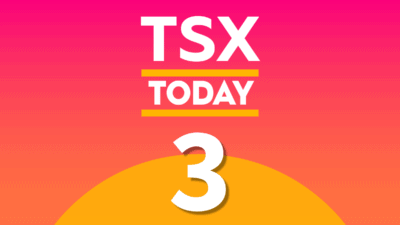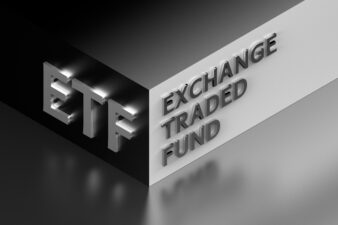“I think it’s an embarrassment to every corporate director who takes his responsibilities seriously.”
Those words came from prominent fund manager Stephen Jarislowski in 2011, referring to Mike Harris, then-chairman of Magna International (TSX:MG)(NYSE:MGA). Mr. Harris, along with the rest of the board, was facing intense criticism for a deal that awarded founder Frank Stronach $1 billion for control of the company. The board had also recently approved enormous pay packages for themselves and Magna’s top executives.
Investors were in no forgiving mood after years enduring wasteful spending by Mr. Stronach, poor corporate governance practices, and the economic crisis. By the end of 2011, seemingly no one wanted to touch the stock. At $34 per share, Magna was trading at less than seven times earnings (net of cash). This despite the fact that Mr. Stronach had already ceded control, fundamentals were improving for auto parts manufacturers, and Magna’s earnings were depressed due to some fixable problems in Europe.
Despite being in a different industry, investors had a similar attitude towards Valeant Pharmaceuticals (TSX:VRX)(NYSE:VRX). The company was the product of a 2010 merger between US-based Valeant and Biovail Corp, both of which had checkered histories. Biovail founder Eugene Melnyk’s misdeeds are well-known, including an attempt to blame bad earnings numbers on a delivery truck accident. Valeant founder Milan Panic’s history is no cleaner, having been the subject of various sexual harassment suits, including one from a secretary who gave birth to his illegitimate son.
By the end of 2011, neither Mr. Melnyk nor Mr. Panic were with the company. CEO Michael Pearson had been successfully running Valeant since becoming CEO in 2008. But at less than $50 per share, the stock price remained depressed.
What has happened since has been a bonanza for investors in both Magna and Valeant. Magna now trades above $95 per share, 2.8 times its December 2011 price. Over the same period, Valeant’s shares have more than tripled. Neither company’s operating income even doubled, meaning that much of the share gains came from a higher multiple. So what happened?
Foolish bottom line
There is a reason why Warren Buffett avoids turnarounds. While they can be very rewarding when successful, turnarounds are very risky and often lead to further disappointment. But these stories are different, because by year-end 2011 Magna and Valeant had already fixed their problems and moved on.
The problem was that fund managers still didn’t want to own the shares, no matter how undervalued they were. Just owning the names could make them look bad, simply because of the companies’ past misadventures. This is often referred to as “reputation risk”, and it can often cause some serious mispricings. These mispricings can easily disappear over time, which can be very rewarding for patient investors.
Investors looking for current reputation risk stocks may be best-served looking south of the border. Plenty of financials trade very cheaply, much of it due to the stench left over from the financial crisis. Perhaps the best example is American International Group (NYSE:AIG), which has turned itself around dramatically since the crisis. But the company was one of the crisis’s worst offenders, and partly for that reason still trades well below book value. Time will tell if AIG is able to replicate the stories of Magna and Valeant.







